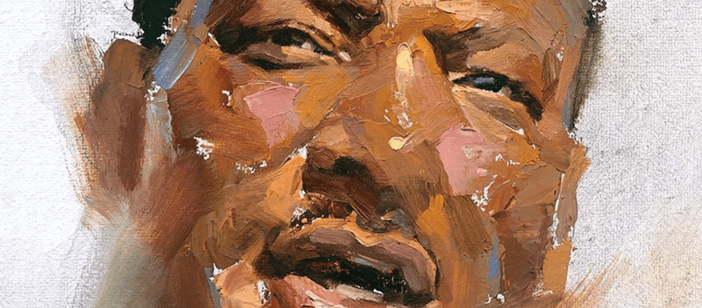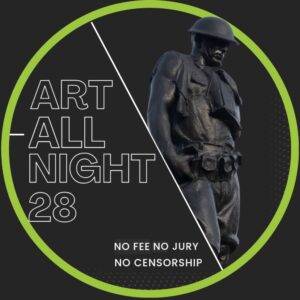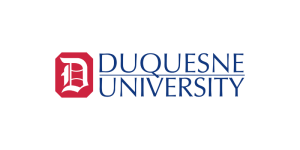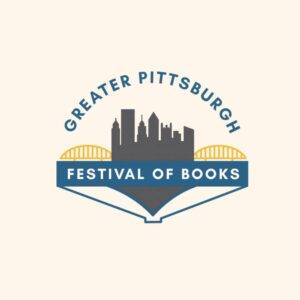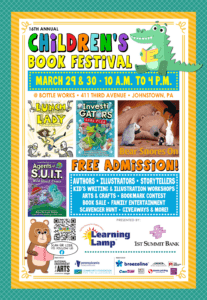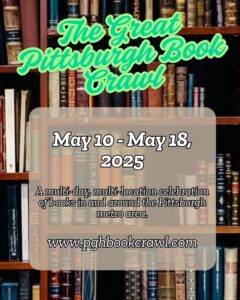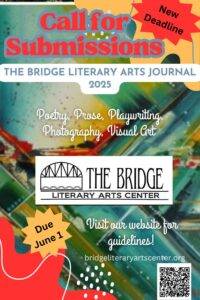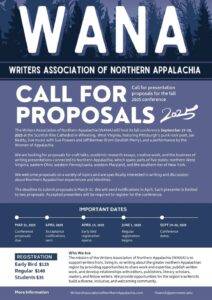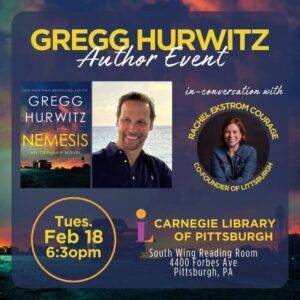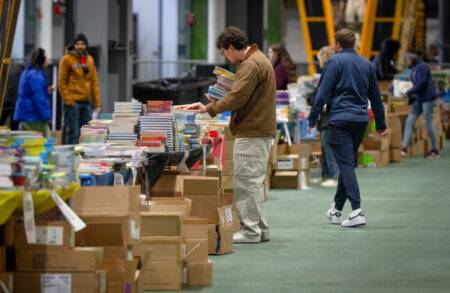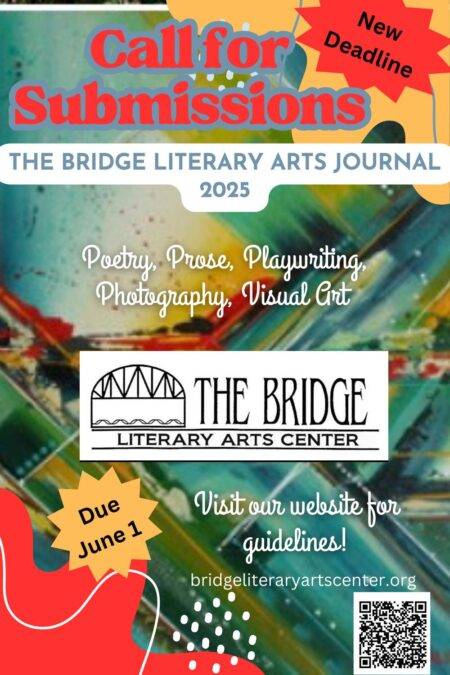Everyday, people across the United States struggle with problems ranging from racial and cultural stereotypes to homophobia and identity questions. For 18 years, Carnegie Mellon University’s Jim Daniels has given Western Pennsylvania students a safe, creative space to express their battles with race and diversity through the Martin Luther King, Jr. Day Writing Awards. A selection of 91 of these prose and poetry pieces have been compiled into a new anthology, Challenges to the Dream: The Best of the Martin Luther King, Jr. Day Writing Awards at Carnegie Mellon University.
“It is consoling beyond words to witness these young writers wrestling with the realities of race, and bringing solid thought and well-wrought language to bear upon that process. This is the mortar that will mend our nation’s spirit. These are the minds and hearts to whom I feel safe entrusting our collective future.” – Tracy K. Smith, Poet Laureate of the United States, Pulitzer Prize Winner
Don’t miss out: There are a number of free readings planned in support of this anthology (details below) and — students — the deadline to submit your work to this year’s awards is Nov. 24th!
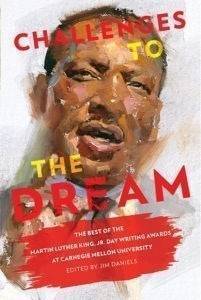 What should readers know before reading the anthology?
What should readers know before reading the anthology?
Readers should know that these writers are students—high school and college students from Pittsburgh and from around the world. But students—young people trying to negotiate the difficult terrain of discrimination and difference in our schools and in our communities—the nation hasn’t done a very good job of dealing with race as a whole, so we can’t expect young students to have all the answers. We honor their attempts to honestly deal with these issues more than coming at them from a safe, comfortable space.
We ask for personal narratives on race, not broad general indictments of racism full of abstract generalizations. As a result, sometimes the poems and essays can stir controversy. On a day meant to commemorate the memory of a great man who never shied from controversy, this seems only appropriate. The mission of the awards is not to make us feel good, but to make us think hard.
I started the awards back in 1999. They grew out of an anthology of poems on race I edited by nationally known poets back in 1994. The notion was that if we put a group of diverse voices in the same room/book, telling each other our stories, then maybe something good could result. I thought having students do something similar might be a good way for Carnegie Mellon to honor the legacy of Dr. King. For me personally, I hope to also honor the legacy of James Baldwin, who was a professor of mine in graduate school and first challenged me to be honest about racial issues in my own writing.
How did you get the idea for an anthology?
On a personal level, I remember many of the winning pieces over the years, and I often found myself reflecting back on them for solace and sustenance during difficult times. The sheer courage it took for these students to put themselves out there on the page can be an inspiration for all of us. I felt like we needed to preserve a strong representation of the award winners in such a collection as this and try to reach a wider audience for this work, much of which seems as relevant today as it did when it was written.
What are your goals for the anthology?
While we have many goals—we, because I am part of a wonderful, hard-working team that puts on the awards each year—but I think the two biggest ones are:
1. Expand the audience for the fine writing of these students (83 of them included in the book) so that these voices might become part of the larger, vital national conversation about these issues that often seem to be tearing the country apart. Who knows, other schools in other parts of the country might want to start similar writing awards. The book is available on Amazon and distributed nationally.
2. On a local level, we are hoping the anthology might call attention to what we’re doing in a positive way and thus attract more entries from more schools in the area. We would like to see the anthology used as a tool for classroom discussion and writing both at Carnegie Mellon and at high schools and colleges throughout Western Pennsylvania.
Other than reading the anthology, how can people get involved?
Students who want to submit their work to this year’s awards can go to this link and read the guidelines, then upload their submission. The deadline is November 24.
In addition, we have two scheduled readings and celebrations of the anthology that are free and open to the public:
Friday, October 13, 4:30 pm, Center for Diversity and Inclusion, Cohon University Center, Carnegie Mellon University
Wednesday, November 1, at 7:00 p.m. at the City of Asylum’s Alphabet City complex on the North Side.
Also, please consider attending the 2018 writing awards on Monday, January 15, in Rangos Hall, Cohon University Center, Carnegie Mellon.


